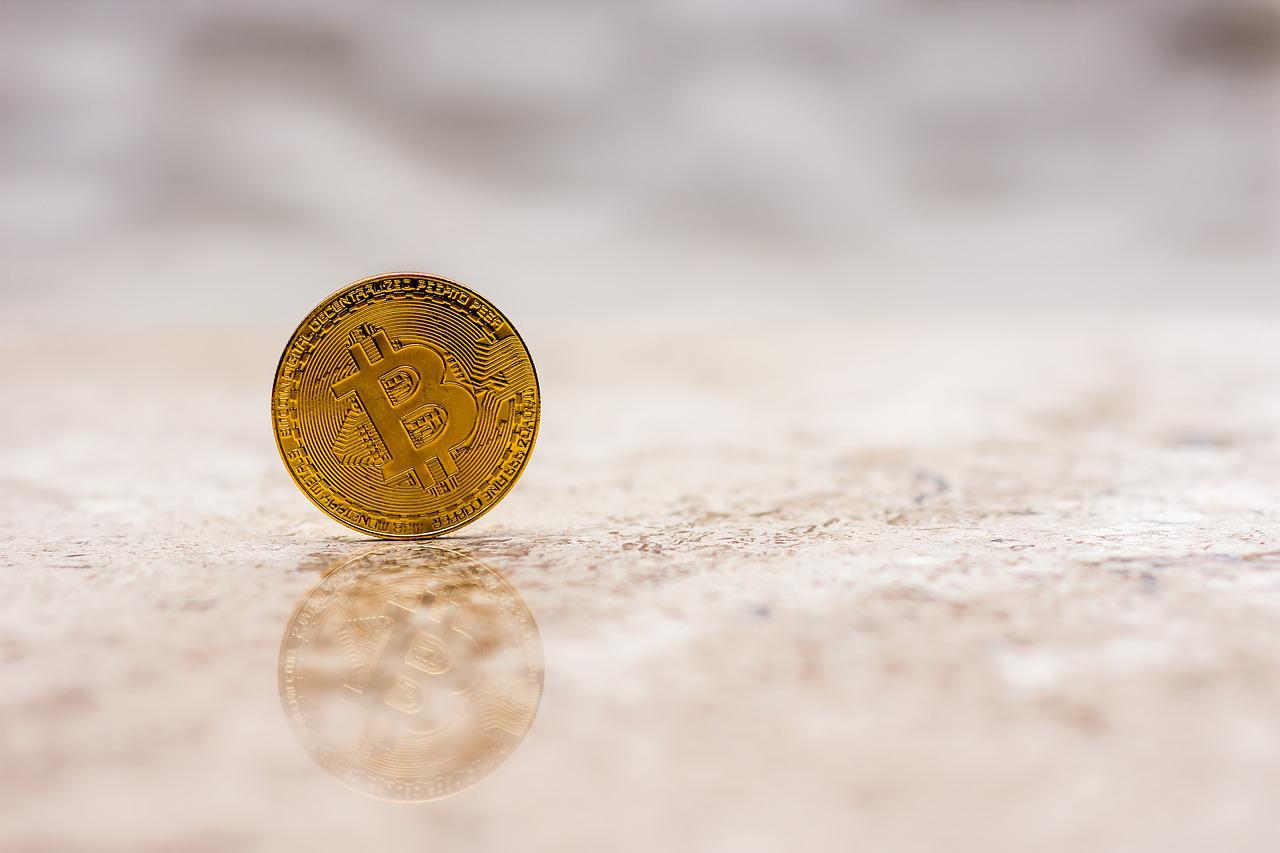
What does the world need less than a computer-generated currency called bitcoin? I’d say two computer-generated currencies called bitcoin.
But for at least the time being, that’s what it has.
A two-year feud about the future of bitcoin led a group of frustrated cryptocurrency enthusiasts to break away in a technical maneuver called a “hard fork.” The result: Bitcoin Cash, a confusingly named offshoot of bitcoin.
As Dan Morehead, founder and CEO of Pantera Capital, told Wired, “Bitcoin’s an incredibly well-known brand and to the extent it’s fracturing into various pieces, that’s confusing to regulators and consumers.” Many of those regulators and consumers were, rightfully, wary of bitcoin to begin with. This fracture is unlikely to improve anyone’s opinion.
The debate that led to the hard fork centered on the limit on the number of transactions the bitcoin network could handle, called the “block size” limit. Without diving into the details, the disagreement boiled down to those who see bitcoin as a commodity – the digital equivalent of gold – and those who would like it to become a cash substitute. (This despite the fact that it is not truly in a position to act that way.)
Bitcoin Cash may simply fade away if too few people use the bitcoin alternative. But other virtual “currencies” have split successfully – Ethereum forked in 2016 and both resulting blockchains (digital ledgers that track transactions) are still running – so it is possible that bitcoin and Bitcoin Cash may both linger.
As columnist Matt Levine observed at Bloomberg: “…honestly who knows; you should not expect bitcoin markets to operate sensibly.”
As I have previously written, bitcoin is a solution in search of a legitimate problem. We can easily understand why hackers and other bad actors might want an untraceable, seizure-resistant asset they can readily move across borders and exchange for genuine government-issued cash. But why does a legitimate business want to use bitcoin instead of the banking system?
Banks do charge sometimes-steep fees, it’s true. Bitcoin is much cheaper to move around – but only if you don’t factor in its frequent and wild swings in value against genuine money.
Suppose you are an American tenant, and you had agreed back in February 2017 to pay your landlord two bitcoins per month in rent. At the time, your rent would have been equivalent to about $2,000. In late July it would have been more than $5,000. Obviously, your landlord would have been ecstatic, but things could just as easily move the other direction.
And you have to keep your bitcoins someplace. You can’t stuff them in a mattress, because they aren’t physically real. You can’t deposit them in a legally organized and regulated bank. You can only leave them in some form of digital wallet, most of which are maintained by the companies that also perform trading services. But what happens if some of those bitcoins held by such custodians should disappear?
Hint: There is no Securities Investor Protection Corporation or Federal Deposit Insurance Corp. that covers missing bitcoins. It’s the Wild West out there.
And now we have a bitcoin clone. Its value will fluctuate not only against real money, but against the original bitcoin. (Bitcoin Cash settled in its first day of trading at around 10 percent of the value of original bitcoin, The Wall Street Journal reported.) In other words, it solves none of bitcoin’s original problems, and creates several more.
This is an idea whose time has not come and, I suspect, never will. Remember what happened to Confederate money when the government that had issued it ceased to exist. Bitcoin never had government backing in the first place. It is legal tender for nothing. And now we have two of them.
You’ll have to celebrate without me.
- Bulenox: Get 45% to 91% OFF ... Use Discount Code: UNO
- Risk Our Money Not Yours | Get 50% to 90% OFF ... Use Discount Code: MMBVBKSM
Disclaimer: This page contains affiliate links. If you choose to make a purchase after clicking a link, we may receive a commission at no additional cost to you. Thank you for your support!





“You can’t stuff them in a mattress, because they aren’t physically real. You can’t deposit them in a legally organized and regulated bank. You can only leave them in some form of digital wallet, most of which are maintained by the companies that also perform trading services.” This is totally incorrect – while all wallets are technically digital, cold storage is often a safe option and I can, in fact, stuff my printed Bitcoin wallets in my mattress.
“but only if you don’t factor in its frequent and wild swings in value against genuine money” How “genuine” is fiat currency… the U.S. version being subject to more than 100 years of Federal Reserve manipulation that has devalued the dollar more than 98%?